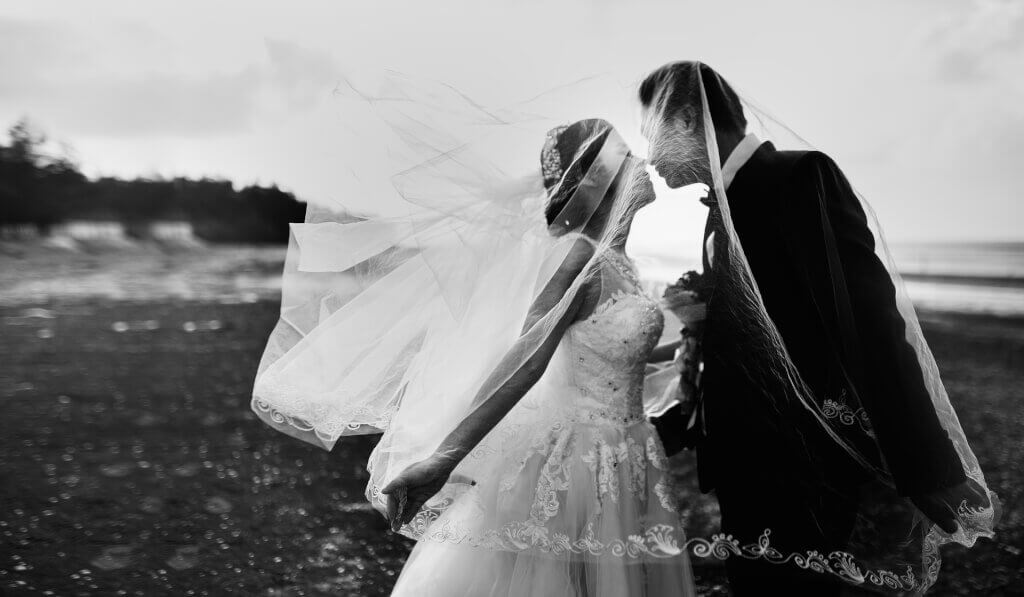It’s time ‘I do’ came out of lockdown

Life remains on hold for millions of people. Rightly, the terrible loss of life and acute financial hardship experienced by so many continues to dominate people’s thoughts as well as the headlines.
Largely hidden from view are the less newsworthy upsets, the cancellation of events marking those major life moments: the birth of a child, a significant anniversary or birthday, or a wedding.
For more than two months now, no one in the UK, save a small number of the terminally ill, have been able to get married. Despite wall-to-wall media coverage on the virus, relatively little attention has been given to the national wedding ban.
Yet many lives have been profoundly affected. The cancellation of a wedding celebration has had significant financial consequences for many. And that has been just the tip of the iceberg for couples where a future life together, and the attendant house-sales, may also have been put on hold.
Of course, sensible guidance to keep everyone safe needs to be observed. That’s important. But it is also time to say that ways need to be found for people to get married once again.
Happily, this problem can be solved – and with no implications for public health.
Several of our own Coalition for Marriage supporters have themselves been due to marry. They accept that the celebrations associated with a wedding must wait until the pandemic ends. But weddings are more, much more, than a party. Surely the wedding itself need only involve five people: the couple, two witnesses, and the celebrant?
There are signs that ministers mulling this over. As we move into ‘step two’ of the country’s three-step COVID-19 recovery strategy, the Government says it is “examining how to enable people to gather in slightly larger groups to better facilitate small weddings”.
Good. The impact on marriage may have been largely sidelined by the media but the Government should not make the same mistake.
Step two includes re-opening ‘non-essential retail’, so it surely must not exclude weddings. It would be unthinkable for betting shops and pawnbrokers to be open but the wedding ban to continue. Social distancing guidelines do not prevent Parliament and even television studios from finding ways of opening safely, so there is no reason that churches and registry offices should not be able to find ways to do so as well.
Marriage should not be considered non-essential or optional, as the Government appeared to do by suggesting couples simply move in together in the meantime to ‘test’ their relationship.
People waiting to get married don’t want to be “switching in and out of households”, as Dr Jenny Harries, England’s deputy chief medical officer, put it. Quite the opposite. They want to make that wonderful vow “to have and to hold, from this day forward, for better, for worse, for richer, for poorer, in sickness and in health, to love and to cherish, till death do us part”. They should be allowed to do so.
The research is clear that cohabitation is a poor substitute for marriage and does not provide the same benefits to families or society.
Professor Sara McLanahan, who pioneered the US Fragile Families and Child Wellbeing Study, concluded “children born to unmarried parents are disadvantaged relative to children born to married parents in terms of parental capabilities and family stability.” She added: “Additionally, parents’ marital status at the time of a child’s birth is a good predictor of longer-term family stability and complexity, both of which influence children’s longer-term wellbeing.”
Refreshingly, she admitted that these were not the findings she wanted or expected, but the data was clear.
Some couples also have religious or ethical objections to moving in together before marriage. The Government should not be encouraging it or expecting couples to go against their values.
Marriage is much more important than most other public events. It is not a mere form of entertainment – an excuse to dress up and have a party. Neither is it a simple formality. It goes much deeper, its impact much wider. It is about two people publicly committing to one another and forming a new family unit.
The institution of marriage helps combat insecurity and social breakdown. The married family of one man and one woman, to the exclusion of all others and for life, is the bedrock of society, giving it the stability it needs across the generations. The jamboree can wait until after the pandemic. Marital commitment cannot.
At Coalition for Marriage we call upon the present Government to treat marriage with the respect it deserves. It is time end the wedding ban.
This article was first published on 4 June in Conservative Home. https://www.conservativehome.com/platform/2020/06/colin-hart-as-we-start-to-ease-lockdown-its-time-to-lift-the-ban-on-weddings.html
